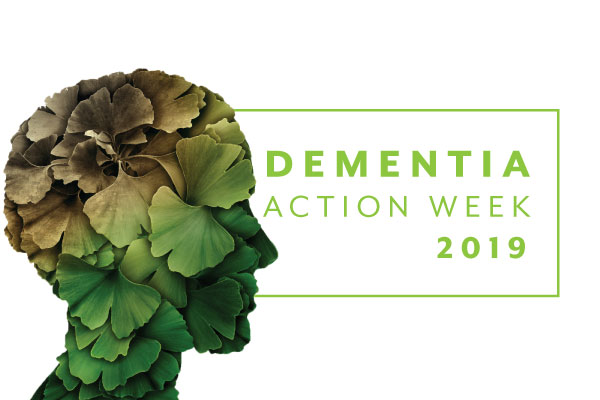Music has a universal effect on humans and has been reported to evoke the full range of emotions. For those living with dementia music could be integrated into care programs to bring back memories from their past and thus improve the quality of life.
With almost half a million people in Australia living with dementia and more developing it each day, dementia affects many families and communities. While researchers work hard to try and find ways to prevent, slow and even cure the various forms of dementia, there are things we can do in aged care and disability care to support those living with dementia and improve their quality of life. And the simple act of listening to music is proving to be worthwhile.
Stimulate memory, enhance wellbeing with music in aged care
According to research, music is powerful in that it has the ability to elicit emotions and memories. In all of us, musical memories are preserved making familiar music a great source of comfort for those who may not remember much at all at various times.
This increased brain activity can enhance dementia patients’ ability to recall memories and facilitate emotional bonding through its evocation of emotions. It is this retrieval of memories that is challenging for those with dementia, but music provides the brain with multiple cues such as rhythm, rhyme, words and many emotional associations that assist in finding stored information in the brain that may have thought to be lost.
In some cases where music has been used as therapy for those with dementia, a distinct awakening has occurred, such as in this example from the Music & Memory program:
Incorporating music into aged care
Carers are seeing the benefits of music therapy, and there are many ways you can assist all ageing individuals in your care enjoy the benefits of music. Best of all, many of these can be added into every single day.
Personalised playlists
Whether you play them via CD or use a digital music device, a playlist of songs that are tailored to an individual can bring joy and health benefits into their lives. Family may be able to help with putting together a collection of songs that are meaningful or well-liked by an elderly person.
Have a dedicated time for music
This could be in a common area where everyone is invited to listen together. This can have the added benefit of socialising and sharing interests with one another. Reverting to a traditional music source like records, cassettes or radio could be an option too.
Invite musicians to perform
As in the video above, live music can bring added joy. Local choirs, musicians and even schoolchildren could be interested in performing — and perhaps individuals living in an aged care facility have some secret talents to share!
Whichever approach you decide to take, evidence continues to support that there are benefits of listening to music such as improving memory, mood and behaviour while also reducing symptoms of dementia. Now that’s something to sing about!




